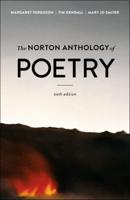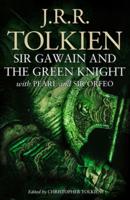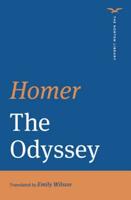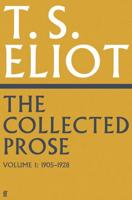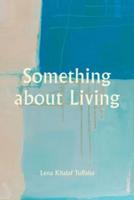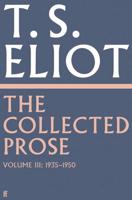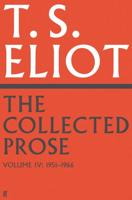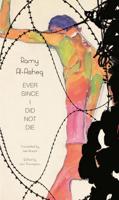Publisher's Synopsis
The damage humans have perpetrated on our environment has certainly affected a poet's means and material. But can poetry be ecological? Can it display or be invested with values that acknowledge the economy of interrelationship between the human and the nonhuman realms? Aside from issues of theme and reference, how might syntax, line break, or the shape of the poem on the page express an ecological ethics?
To answer these questions, poets Forrest Gander and John Kinsella offer an experiment, a collaborative volume of prose and poetry that investigates-both thematically and formally-the relationship between nature and culture, language and perception. They ask whether, in an age of globalization, industrialization, and rapid human population growth, an ethnocentric view of human beings as a species independent from others underpins our exploitation of natural resources. Does the disease of Western subjectivity constitute an element of the aesthetics that undermine poetic resistance to the killing of the land? Why does "the land" have to give something back to the writer?
This innovative volume speaks to all people wanting to understand how artistic and critical endeavours can enrich, rather than impoverish, the imperilled world around us.

